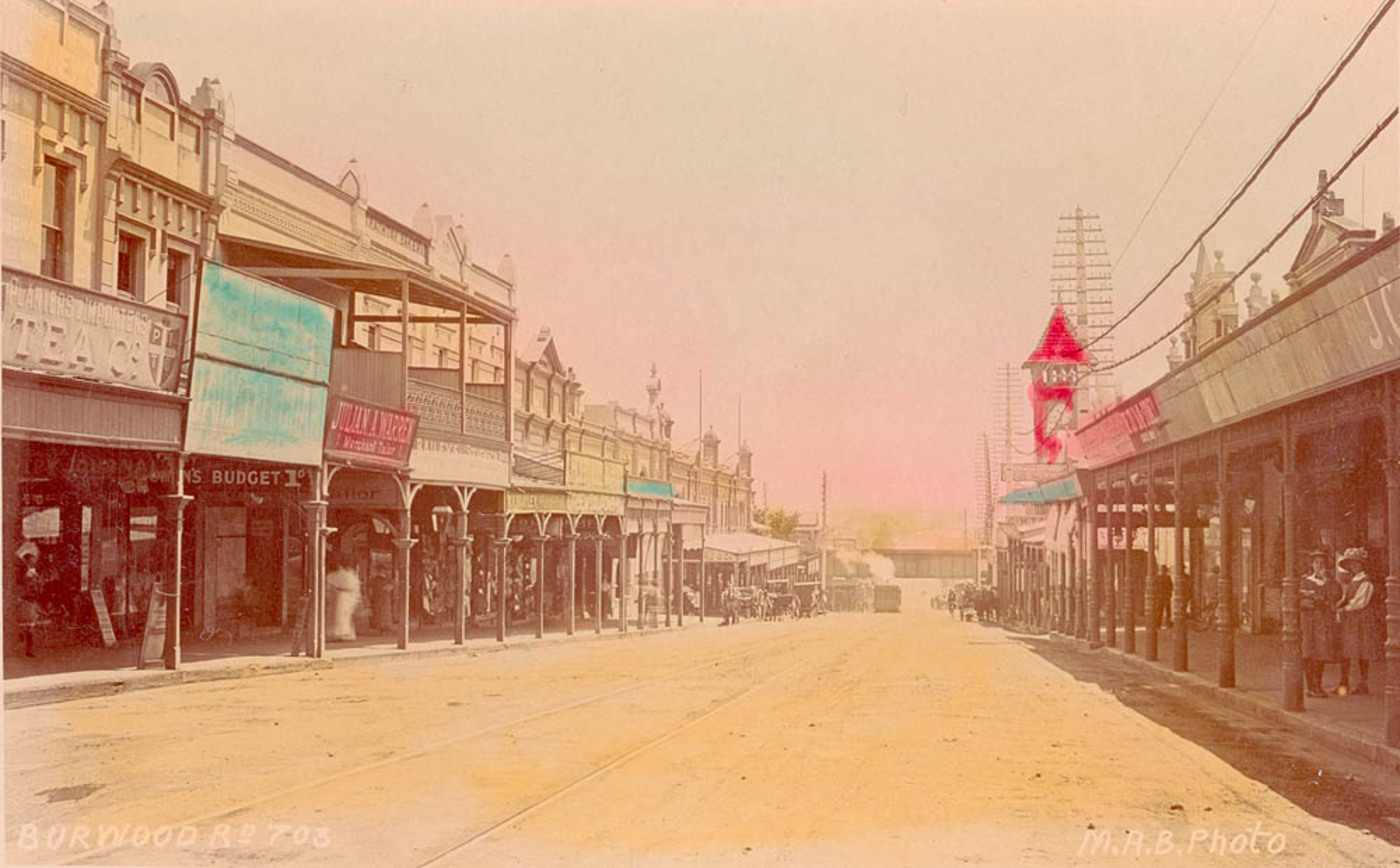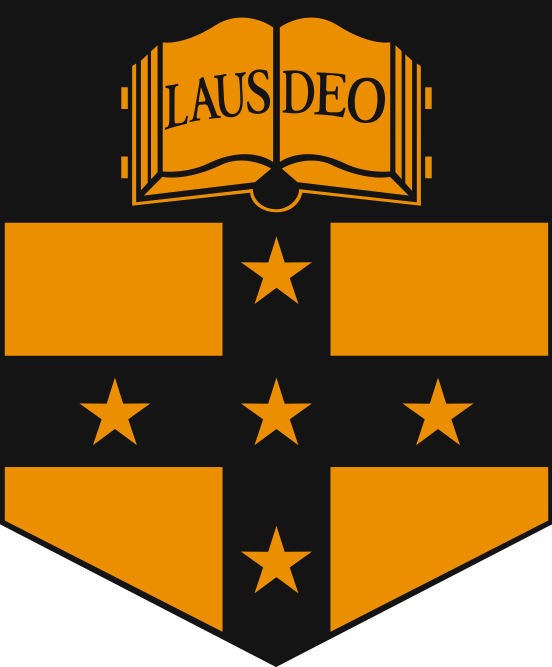|
Slip Carr
Edwin William "Slip" Carr (9 June 1899 – 3 July 1971) was a rugby union player who represented Australia, an Australian 100 and 200-metre sprinter, and Olympic team member at the 1924 Summer Olympics. Early life Born in Sydney, New South Wales, Australia, he attended Sydney Grammar School. Carr absconded four times to enlist in the armed forces, WWI, eventually travelling to the middle east where he contracted malaria and was repatriated. He was a captain in eastern command in WWII and bitterly resented not being permitted to join the 'men at the front'. Rugby union career Carr, a wing, claimed a total of 4 international rugby caps for Australia. Athletic career Known for his speed Carr was nicknamed 'Slippery', shortened to 'Slip'. He was selected to represent Australia in the 100 and 200 metre events at the 1924 Olympic games, and was chosen to be the country's first flag bearer. As an active rugby player, he sustained two broken ankles which he carried to his representat ... [...More Info...] [...Related Items...] OR: [Wikipedia] [Google] [Baidu] |
Burwood, New South Wales
Burwood is a suburb in the Inner West of Sydney, in the state of New South Wales, Australia. It is west of the Sydney central business district and is the administrative centre for the Local government in Australia, local government area of Municipality of Burwood. People from Burwood are colloquially known as Burwoodiens or Burwooders. Burwood Heights, New South Wales, Burwood Heights is a separate suburb to the south. The Appian Way, Burwood, Appian Way is a street in Burwood, known for its architecturally designed Federation architecture, Federation-style homes. History Archaeological evidence indicates people were living in the Sydney area for at least 11,000 years. This long association had led to a harmonious relationship between the Indigenous peoples, indigenous inhabitants and their environment, which was interrupted by the arrival of the British in 1788. The European desire to cultivate the land aided and abetted by a smallpox epidemic that forced the local people, t ... [...More Info...] [...Related Items...] OR: [Wikipedia] [Google] [Baidu] |
1899 Births
Events January 1899 * January 1 ** Spanish rule ends in Cuba, concluding 400 years of the Spanish Empire in the Americas. ** Queens and Staten Island become administratively part of New York City. * January 2 – **Bolivia sets up a customs office in Puerto Alonso, leading to the Brazilian settlers there to declare the Republic of Acre in a revolt against Bolivian authorities. **The first part of the Jakarta Kota–Anyer Kidul railway on the island of Java is opened between Batavia Zuid ( Jakarta Kota) and Tangerang. * January 3 – Hungarian Prime Minister Dezső Bánffy fights an inconclusive duel with his bitter enemy in parliament, Horánszky Nándor. * January 4 – **U.S. President William McKinley's declaration of December 21, 1898, proclaiming a policy of benevolent assimilation of the Philippines as a United States territory, is announced in Manila by the U.S. commander, General Elwell Otis, and angers independence activists who had fought against ... [...More Info...] [...Related Items...] OR: [Wikipedia] [Google] [Baidu] |
People Educated At Sydney Grammar School
A person ( : people) is a being that has certain capacities or attributes such as reason, morality, consciousness or self-consciousness, and being a part of a culturally established form of social relations such as kinship, ownership of property, or legal responsibility. The defining features of personhood and, consequently, what makes a person count as a person, differ widely among cultures and contexts. In addition to the question of personhood, of what makes a being count as a person to begin with, there are further questions about personal identity and self: both about what makes any particular person that particular person instead of another, and about what makes a person at one time the same person as they were or will be at another time despite any intervening changes. The plural form "people" is often used to refer to an entire nation or ethnic group (as in "a people"), and this was the original meaning of the word; it subsequently acquired its use as a plural form of per ... [...More Info...] [...Related Items...] OR: [Wikipedia] [Google] [Baidu] |
Olympic Athletes Of Australia
Olympic or Olympics may refer to Sports Competitions * Olympic Games, international multi-sport event held since 1896 ** Summer Olympic Games ** Winter Olympic Games * Ancient Olympic Games, ancient multi-sport event held in Olympia, Greece between 776 BC and 393 AD * Wenlock Olympian Games, a forerunner of the modern Olympic Games, held since 1850 * Olympic (greyhounds), a competition held annually at Brighton & Hove Greyhound Stadium Clubs and teams * Adelaide Olympic FC, a soccer club from Adelaide, South Australia * Fribourg Olympic, a professional basketball club based in Fribourg, Switzerland * Sydney Olympic FC, an Australian soccer club * Olympic Club (Barbacena), a Brazilian football club based in Barbacena, Minas Gerais state * Olympic Mvolyé, a Cameroonian football club based in Mvolyé * Olympic Club (Egypt), a football and sports club based in Alexandria * Blackburn Olympic F.C., an English football club based in Blackburn, Lancashire * Rushall Olympic F. ... [...More Info...] [...Related Items...] OR: [Wikipedia] [Google] [Baidu] |
Athletes (track And Field) At The 1924 Summer Olympics
An athlete (also sportsman or sportswoman) is a person who competes in one or more sports that involve physical strength, speed, or endurance. Athletes may be professionals or amateurs. Most professional athletes have particularly well-developed physiques obtained by extensive physical training and strict exercise accompanied by a strict dietary regimen. Definitions The word "athlete" is a romanization of the el, άθλητὴς, ''athlētēs'', one who participates in a contest; from ἄθλος, ''áthlos'' or ἄθλον, ''áthlon'', a contest or feat. The primary definition of "sportsman" according to Webster's ''Third Unabridged Dictionary'' (1960) is, "a person who is active in sports: as (a): one who engages in the sports of the field and especially in hunting or fishing." Physiology Athletes involved in isotonic exercises have an increased mean left ventricular end-diastolic volume and are less likely to be depressed. Due to their strenuous physical activities, ... [...More Info...] [...Related Items...] OR: [Wikipedia] [Google] [Baidu] |
Australian Male Sprinters
Australian(s) may refer to: Australia * Australia, a country * Australians, citizens of the Commonwealth of Australia ** European Australians ** Anglo-Celtic Australians, Australians descended principally from British colonists ** Aboriginal Australians, indigenous peoples of Australia as identified and defined within Australian law * Australia (continent) ** Indigenous Australians * Australian English, the dialect of the English language spoken in Australia * Australian Aboriginal languages * ''The Australian'', a newspaper * Australiana, things of Australian origins Other uses * Australian (horse), a racehorse * Australian, British Columbia, an unincorporated community in Canada See also * The Australian (other) * Australia (other) * * * Austrian (other) Austrian may refer to: * Austrians, someone from Austria or of Austrian descent ** Someone who is considered an Austrian citizen, see Austrian nationality law * Austrian German dialect * Someth ... [...More Info...] [...Related Items...] OR: [Wikipedia] [Google] [Baidu] |
Australia International Rugby Union Players
Australia, officially the Commonwealth of Australia, is a sovereign country comprising the mainland of the Australian continent, the island of Tasmania, and numerous smaller islands. With an area of , Australia is the largest country by area in Oceania and the world's sixth-largest country. Australia is the oldest, flattest, and driest inhabited continent, with the least fertile soils. It is a megadiverse country, and its size gives it a wide variety of landscapes and climates, with deserts in the centre, tropical rainforests in the north-east, and mountain ranges in the south-east. The ancestors of Aboriginal Australians began arriving from south east Asia approximately 65,000 years ago, during the last ice age.religious_traditions_in_the_world._Australia's_history_of_Australia.html" "title="The_Dreaming.html" "title="Aboriginal_Art.html" "title="he Story of Australia's People, Volume 1: The Rise and Fall of Ancient Australia, Penguin Books Australia Ltd., Vic., 20 ... [...More Info...] [...Related Items...] OR: [Wikipedia] [Google] [Baidu] |
Australian Rugby Union Players
Australian(s) may refer to: Australia * Australia, a country * Australians, citizens of the Commonwealth of Australia ** European Australians ** Anglo-Celtic Australians, Australians descended principally from British colonists ** Aboriginal Australians, indigenous peoples of Australia as identified and defined within Australian law * Australia (continent) ** Indigenous Australians * Australian English, the dialect of the English language spoken in Australia * Australian Aboriginal languages * ''The Australian'', a newspaper * Australiana, things of Australian origins Other uses * Australian (horse), a racehorse * Australian, British Columbia, an unincorporated community in Canada See also * The Australian (other) * Australia (other) Australia is a country in the Southern Hemisphere. Australia may also refer to: Places * Name of Australia relates the history of the term, as applied to various places. Oceania *Australia (continent), or Sahul, the landmasses ... [...More Info...] [...Related Items...] OR: [Wikipedia] [Google] [Baidu] |
1971 Deaths
* The year 1971 had three partial solar eclipses (February 25, July 22 and August 20) and two total lunar eclipses (February 10, and August 6). The world population increased by 2.1% this year, the highest increase in history. Events January * January 2 – 66 people are killed and over 200 injured during a crush in Glasgow, Scotland. * January 5 – The first ever One Day International cricket match is played between Australia and England at the Melbourne Cricket Ground. * January 8 – Tupamaros kidnap Geoffrey Jackson, British ambassador to Uruguay, in Montevideo, keeping him captive until September. * January 9 – Uruguayan president Jorge Pacheco Areco demands emergency powers for 90 days due to kidnappings, and receives them the next day. * January 12 – The landmark United States television sitcom ''All in the Family'', starring Carroll O'Connor as Archie Bunker, debuts on CBS. * January 14 – Seventy Brazilian political prisoners are rel ... [...More Info...] [...Related Items...] OR: [Wikipedia] [Google] [Baidu] |
1952 Helsinki Olympics
The 1952 Summer Olympics ( fi, Kesäolympialaiset 1952; sv, Olympiska sommarspelen 1952), officially known as the Games of the XV Olympiad ( fi, XV olympiadin kisat; sv, Den XV olympiadens spel) and commonly known as Helsinki 1952 ( sv, Helsingfors 1952), were an international multi-sport event held from 19 July to 3 August 1952 in Helsinki, Finland. After Japan declared in 1938 that it would be unable to host 1940 Olympics in Tokyo due to the ongoing Second Sino-Japanese War, Helsinki had been selected to host the 1940 Summer Olympics, which were then cancelled due to World War II. Tokyo eventually hosted the games in 1964. Helsinki is the northernmost city at which a summer Olympic Games have been held. With London hosting the 1948 Olympics, 1952 is the most recent time when two consecutive summer Olympics Games were held entirely in Europe. The 1952 Summer Olympics was the last of the two consecutive Olympics to be held in Northern Europe, following the 1952 Winter Olympics ... [...More Info...] [...Related Items...] OR: [Wikipedia] [Google] [Baidu] |
Sydney Grammar School
(Praise be to God) , established = , type = Independent, day school , gender = Boys , religious_affiliation = None , slogan = , headmaster = R. B. Malpass , founder = Laurence Hynes Halloran , chairman = Richard Henry AM , city = Darlinghurst, Edgecliff and St Ives, Sydney , state = New South Wales , country = Australia , coordinates = , teaching_staff = 153 (Darlinghurst),52 (Edgecliff),47 (St Ives) , staff = 63 (Darlinghurst),15 (Edgecliff),21 (St Ives) , enrolment = 1,152 (Darlinghurst), 306 (Edgecliff),413 (St Ives) , enrolment_as_of = 2011 , colours = Black and gold , free_label_1 = Former pupils , free_1 = Old Sydneians , free_label_2 = School song , free_2 = Carmen Sydneiense , athletics = AAGPS , homepage = Sydney Grammar School (SGS, known colloquially as Grammar) is an independent, fee-paying, non-denominational day school for boys, located in Sydney, ... [...More Info...] [...Related Items...] OR: [Wikipedia] [Google] [Baidu] |


_1938.jpg)



